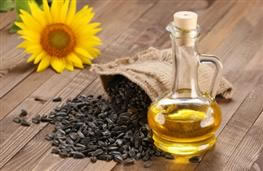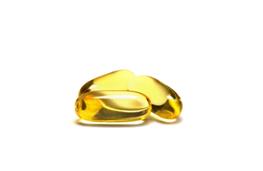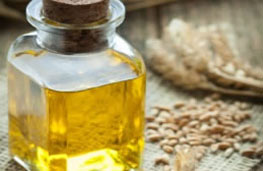Vitamin E
Health benefits of Vitamin E:
Contributes to the protection of your cells from the damaging effects of ‘free radicals’
The Worlds Science
See the bottom of this page for the ingredients highest in vitamin E
What is vitamin E?
Vitamin E refers to a group of 8 fat-soluble chemicals, the most important of which is called α-tocopherol1.
Why does it matter to me?
What is vitamin E?
Vitamin E refers to a group of 8 fat-soluble chemicals, the most important of which is called α-tocopherol1.
Why does it matter to me?
- Vitamin E is an effective ‘antioxidant’ which means that it reduces the amount of highly reactive oxygen molecules (‘free radicals’) that could cause damage to the cells of the body. Damage caused to cells in this way is called ‘oxidative stress’.
- Many laboratory studies have shown that vitamin E reduces the damaging effects of oxidative stress. These include damage to very important chemicals vital for life such as proteins, fats and DNA3.
In addition, vitamin E supplementation can restore the health of humans with conditions which prevent them from getting vitamin E from the diet4.
Vitamin E research
Many claims have been made for the health-giving properties of vitamin E over the years including reducing the risk of conditions such as skin problems, heart disease, dementia and cancer. However, when the results of clinical trials in humans are examined in detail there is currently no conclusive evidence to support any of these claims.
Further research into the human health benefits of vitamin E is needed and is ongoing5,6.
Vitamin C interacts with Vitamin E
When vitamin E has neutralised free radicals created by normal cells and pollutants, such as cigarette smoke, it loses the power to act as an antioxidant. However, vitamin C can restore this power through an interaction called ‘reduction’7.
Encouragingly, although the health benefits of single antioxidants like vitamin E have not yet been conclusively shown, there is evidence that when antioxidants are present together, (such as vitamin C and E), they can have a positive impact.
For example, studies in both animals8 and humans9 have shown that, when working together, a high dietary intake of Vitamin E and Vitamin C may improve cognitive function in patients suffering from dementias such as Alzheimer’s disease.
Review date: 2/9/2022
Next review date: 2/9/2023

291
445
https://www.checkyourfood.com/content/blob/Micronutrients/top-foods-for-Vitamin-E.jpg
Top 6 ingredients for Vitamin E taking into account portion size and cooking retention factors
Filter ingredients by:

 About nutrients
About nutrients
 All nutrients
All nutrients
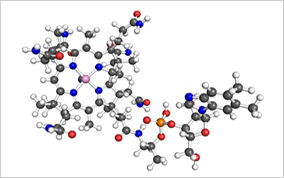 vitamins
vitamins
 minerals
minerals
 phytochemicals
phytochemicals
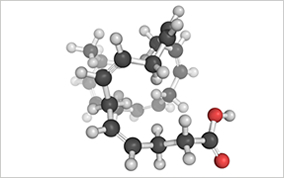 fatty acids
fatty acids
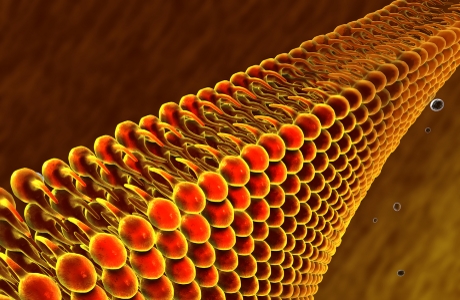 macronutrients
macronutrients
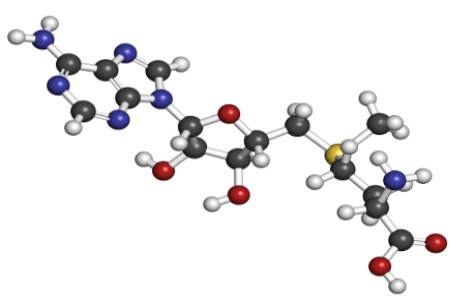 amino acids
amino acids
